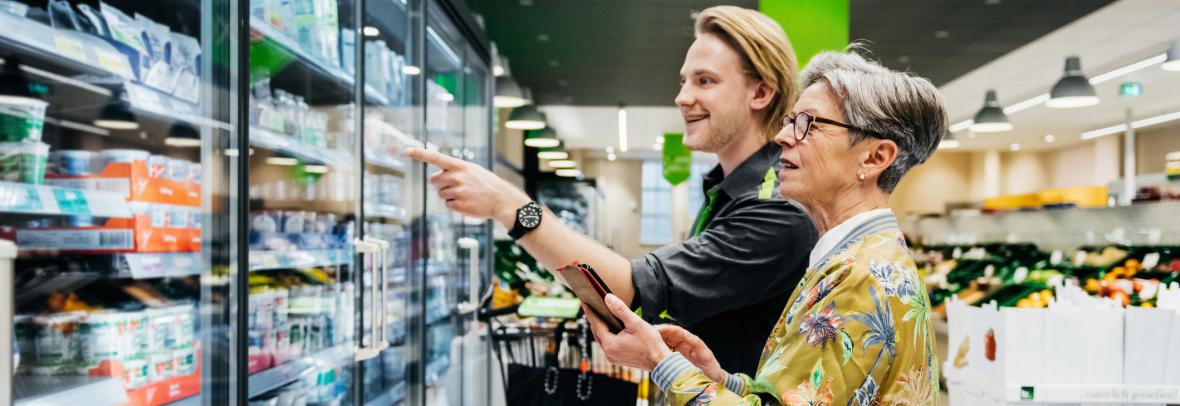
The biggest optimism spike focused on current financial situations, which rose 4.7 index points, from 68.3 to 73.0. Overall, 3 components went up and 2 went down.
GAINESVILLE, Fla. – Consumer sentiment among Floridians inched up four-tenths of a point in January to 82.6 – an increase from December’s revised figure of 82.2.
Among the five components that make up the index, three increased and two decreased.
Floridians’ opinions about current economic conditions were mixed. On the one hand, perceptions of personal financial situations now compared with a year ago increased 4.7 points from 68.3 to 73, the greatest increase of any reading for January. Notably, this optimism was shared by Floridians across different sociodemographic groups.
On the other hand, is it a good time to buy a big-ticket item? Opinions dropped 3.1 points from 78.5 to 75.4. Residents largely agreed across the board, though people aged 60 and over reported stronger pessimistic views.
“Consumer spending is the primary driving force behind the U.S. economy, so declines are a worrisome sign for the economy,” says Hector H. Sandoval, director of the Economic Analysis Program at the University of Florida’s (UF) Bureau of Economic and Business Research.
“In the second quarter of 2020, this component experienced the steepest decline among all five components of the index; and in April, it reached its lowest level on record as a result of the economic crisis brought by COVID-19. It has since regained over half the points it lost,” Sandoval adds.
Future expectations: Outlooks about expected economic conditions were also mixed. Expectations of personal finances a year from now increased slightly, one-tenth of a point from 95.2 to 95.3, while anticipations of U.S. economic conditions over the next year decreased three-tenths of a point from 81.7 to 81.4.
Expectations of U.S. economic conditions over the next five years increased four-tenths of a point from 87.4 to 87.8. Sandoval says the only notable break from the pattern occurred in people with an annual income above $50,000, who consistently reported less favorable views across all three components.
“Despite January’s slightly positive change in consumer confidence, driven mainly by Floridians’ responses about their personal financial situation now compared with a year ago, outlooks about future economic conditions remained largely unchanged, thus anticipating a slow recovery ahead in 2021,” Sandoval says.
An important share of Florida’s labor force is still out of work, with a state unemployment rate of 6.1%. in December, up 3.1% from a year earlier. In addition, new applications for jobless benefits went up in January, reaching their highest level since August and signaling further stress in the labor market.
“With an economy largely depending on tourism, particularly domestic tourists, a robust economic recovery for 2021 rests on the pace of vaccinations across the country. Looking ahead, given the current vaccination rollout, we expect consumer confidence to improve slowly in the coming months,” Sandoval says.
© 2021 Florida Realtors®
Go to Source
Author: kerrys



